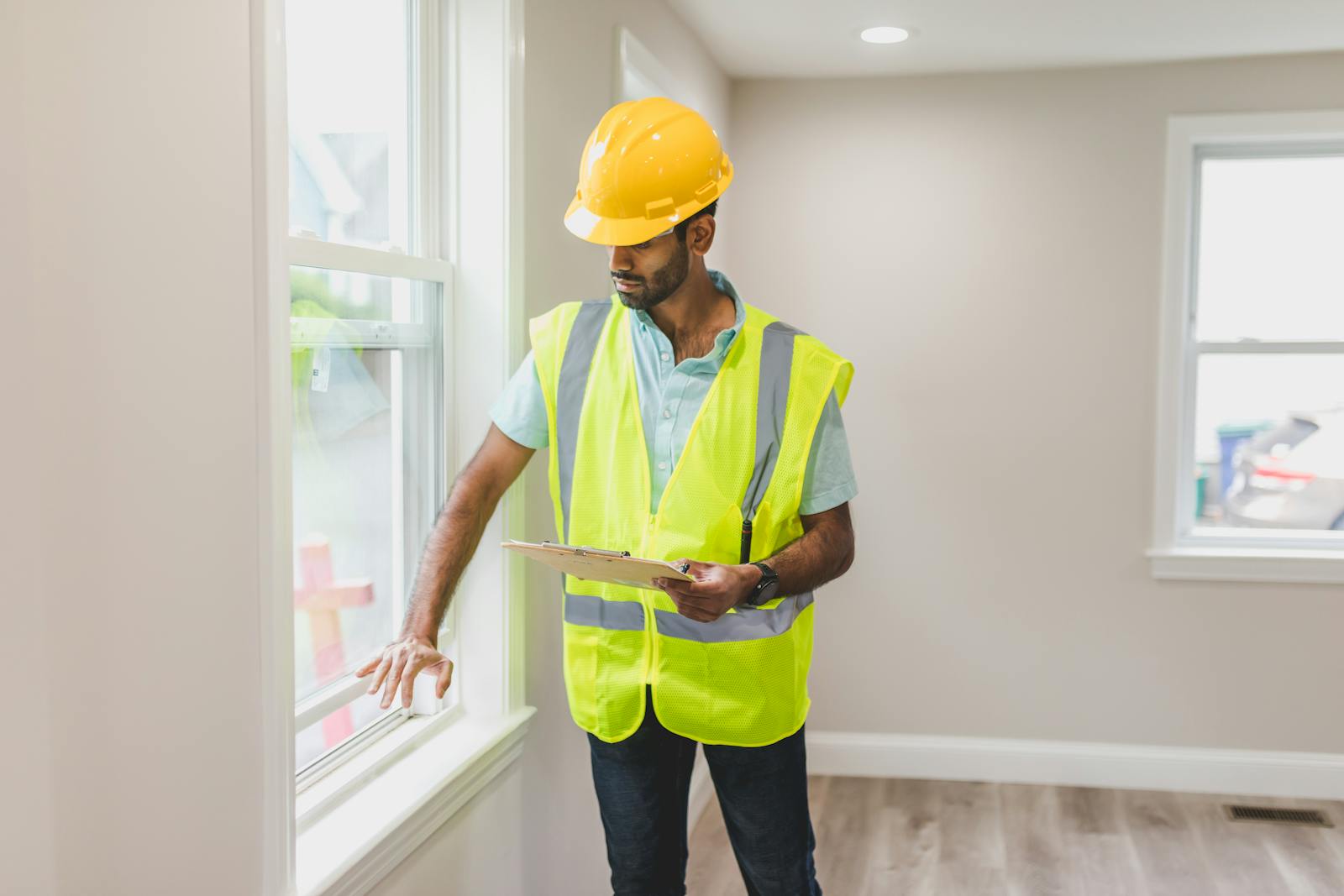So you have an accepted offer and all of the subjects have been removed. Now what? What are my next steps? Who should I be consulting with? What should I be considering? When should all of this take place?
Below is a step by step explanation and checklist regarding the the conveyance process to help close your real estate transaction:
1. Hiring a Lawyer or Notary Public
- You will need to hire a lawyer or notary public to help you navigate your way through the conveyance process.
- You will need to visit your selected Lawyer or Notary to verify your identity and sign the necessary documents, so choose a lawyer that is convenient for you.
- A Lawyer or Notary can equally do the necessary conveyance work required. Notaries tend to be less expensive, but choose a Notary or Lawyer that you ultimately feel comfortable with.
2. Accepting an Offer and Opening Conveyance
- Once you accept an offer, your realtor sends the contract to both your lawyer/notary and the buyer's lawyer/notary
- Your conveyancer opens a file and begins ordering necessary documents, including the current Title Search
- They'll contact you to schedule a signing appointment, typically 1-2 weeks before completion
3. Document Preparation (2-3 weeks before completion)
- Your conveyancer prepares the Transfer of Title document
- They calculate the Statement of Adjustments, which includes:
- Property tax adjustments
- Strata fee adjustments (if applicable)
- Utilities adjustments
- Commission calculations
- Mortgage payout amounts
- They order a mortgage payout statement from your lender
4. Dealing with Strata Properties (if applicable)
- Your conveyancer requests necessary strata documents including:
- Form F (Certificate of Payment)
- Form B (Information Certificate)
- Strata meeting minutes
- Insurance certificate
- These must be provided to the buyer's conveyancer
5. The Signing Appointment (typically 1 week before completion)
- You'll meet with your conveyancer to sign:
- Transfer of Title
- Statement of Adjustments
- GST Certificate (if applicable)
- Property Transfer Tax forms
- Mortgage discharge documents
6. Final Steps (day of completion)
- Your conveyancer receives funds from the buyer's conveyancer
- They pay out your existing mortgage
- They pay the real estate commission
- They transfer the remaining proceeds to you according to your instructions
- Keys are released to the buyer through the realtors
7. Post-Completion
- The Transfer of Title is registered at the Land Title Office
- Your mortgage is discharged
- You receive confirmation that the sale is complete
- Final proceeds are disbursed to your account
Things to consider:
- Keep your final utility meter readings
- Cancel your home insurance (effective after completion)
- Notify relevant parties of your change of address
- Ensure the property is in the condition specified in the contract
- Be available by phone on completion day in case any issues arise







